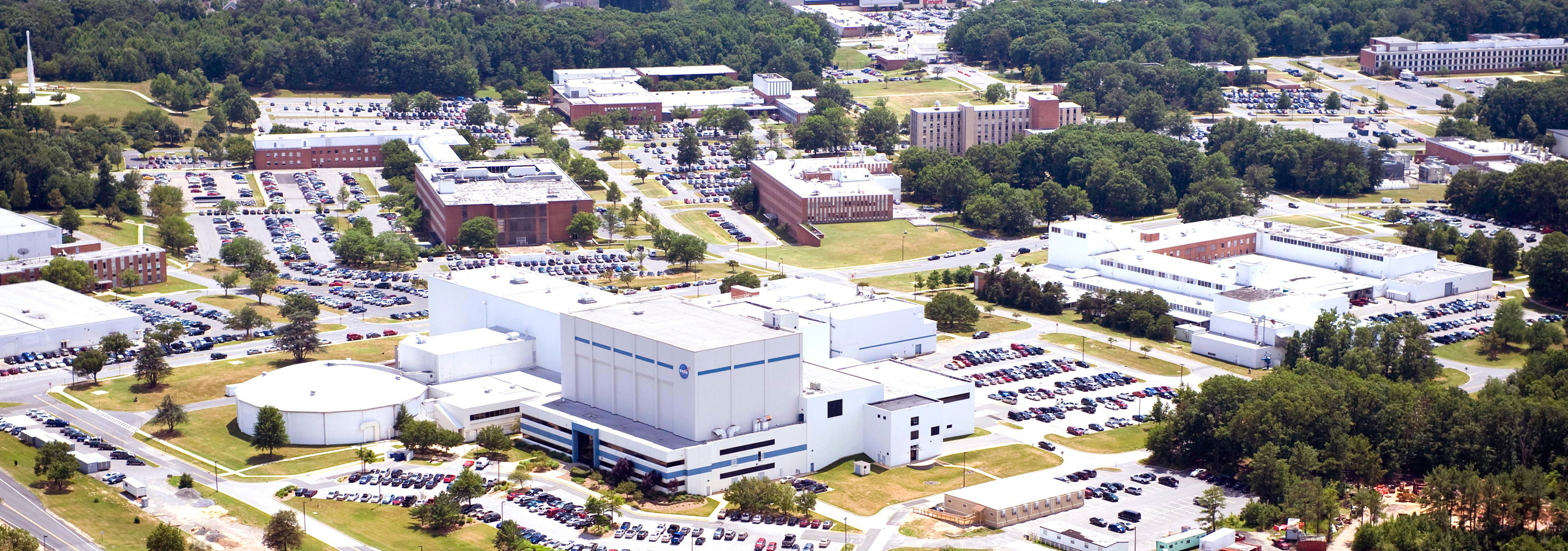Ocean Worlds Science Exploration and Analogs (OSEAN)
The Goddard's Science Task Group to Explore Ocean Worlds
Charter
The Goddard's Science Task Group to Explore Ocean Worlds (OSEAN) is dedicated to the development of investigations in support of enabling high-priority science related to ocean worlds.
Goddard Space Flight Center is home to leading experts in Planetary Sciences, Earth Sciences, Heliophysics, Astrophysics.
Our STG team members are advocates and progenitors of new avenues of scientific inquiry enabled by the rapidly advancing exploration of this astrobiologically relevant objects. The initiative provides a forum for discussion and collaboration in the pursuit of greater scientific achievement.
Leadership
 |
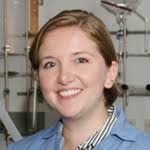 |
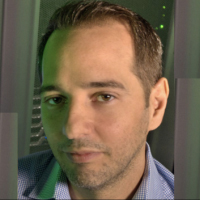 |
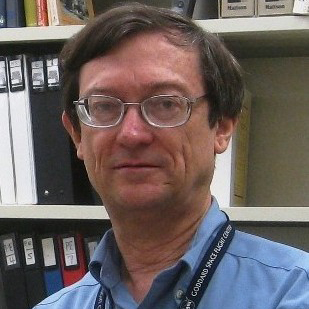 |
 |
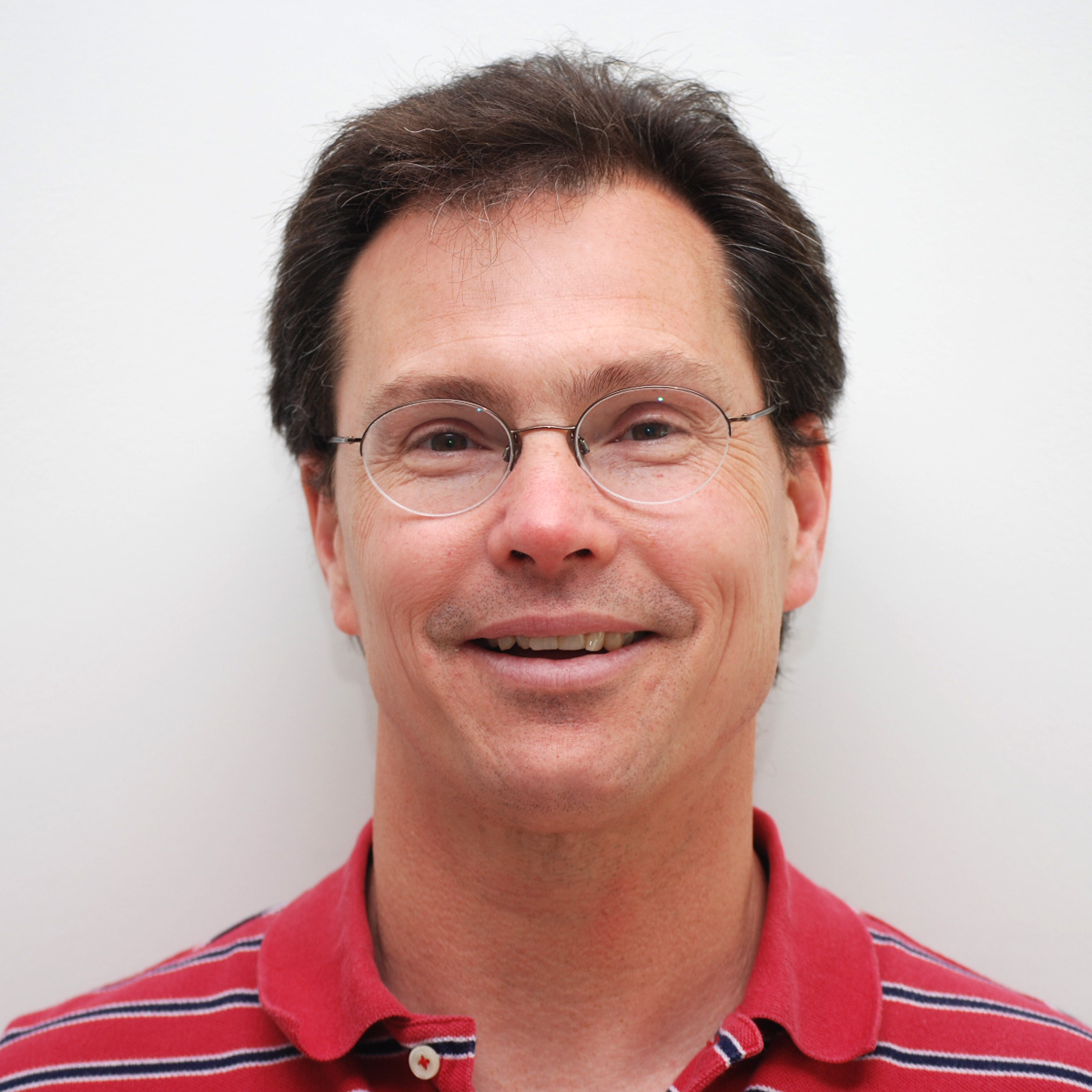 |
| Conor Nixon (PI, 693) |
Stefanie Milam (Deputy-PI, 691) |
Geronimo Villanueva (Observations lead, 693) |
Reggie Hudson (Lab Work Lead, 691) |
Jennifer Stern (Field Work Lead, 699) |
Bill Farrell (Theory and Modeling Lead, 699) |
Mesoscale Atmospheric Processes (612)
 |
Dr. Ian Stuart Adams is a Research Physical Scientist at NASA Goddard Space Flight Center. His research is focused on microwave and millimeter-wave active and passive remote sensing of clouds, precipitaiton, and ocean surface winds. He is an expert in polarized three-dimensional radiative transfer in clouds and precipitation. |
Cryospherics (615)
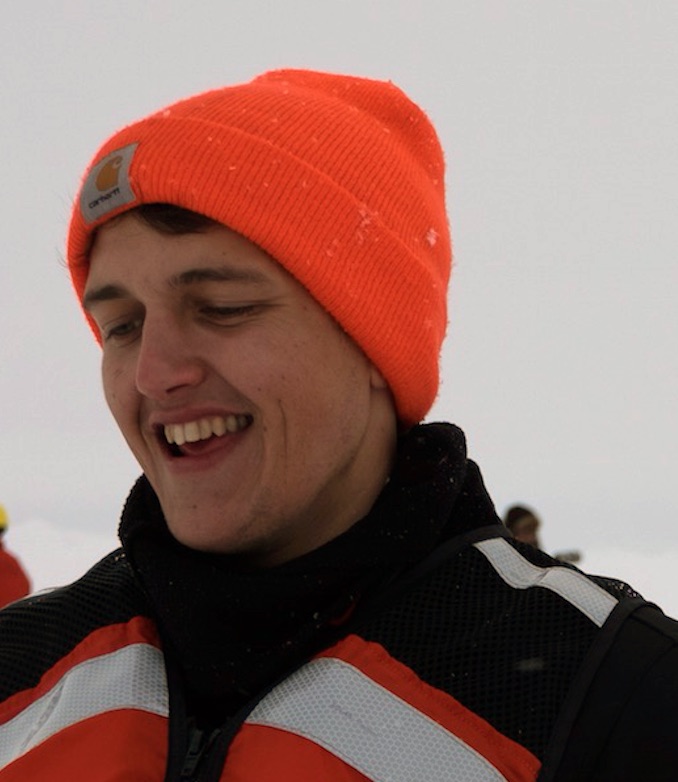 |
Dr. Alek Petty graduated with an MSci in Physics from the University of Bristol in 2010, and a PhD in Climate Science from University College London in 2014. Dr. Petty joined the University of Maryland (ESSIC) in 2014 and was hosted at the NOAA Center for Weather and Climate Prediction. Dr. Petty joined NASA's Operation IceBridge project science office at NASA's Goddard Space Flight Center in late 2015, and also became a member of the ICESat-2 project science office in summer 2018. |
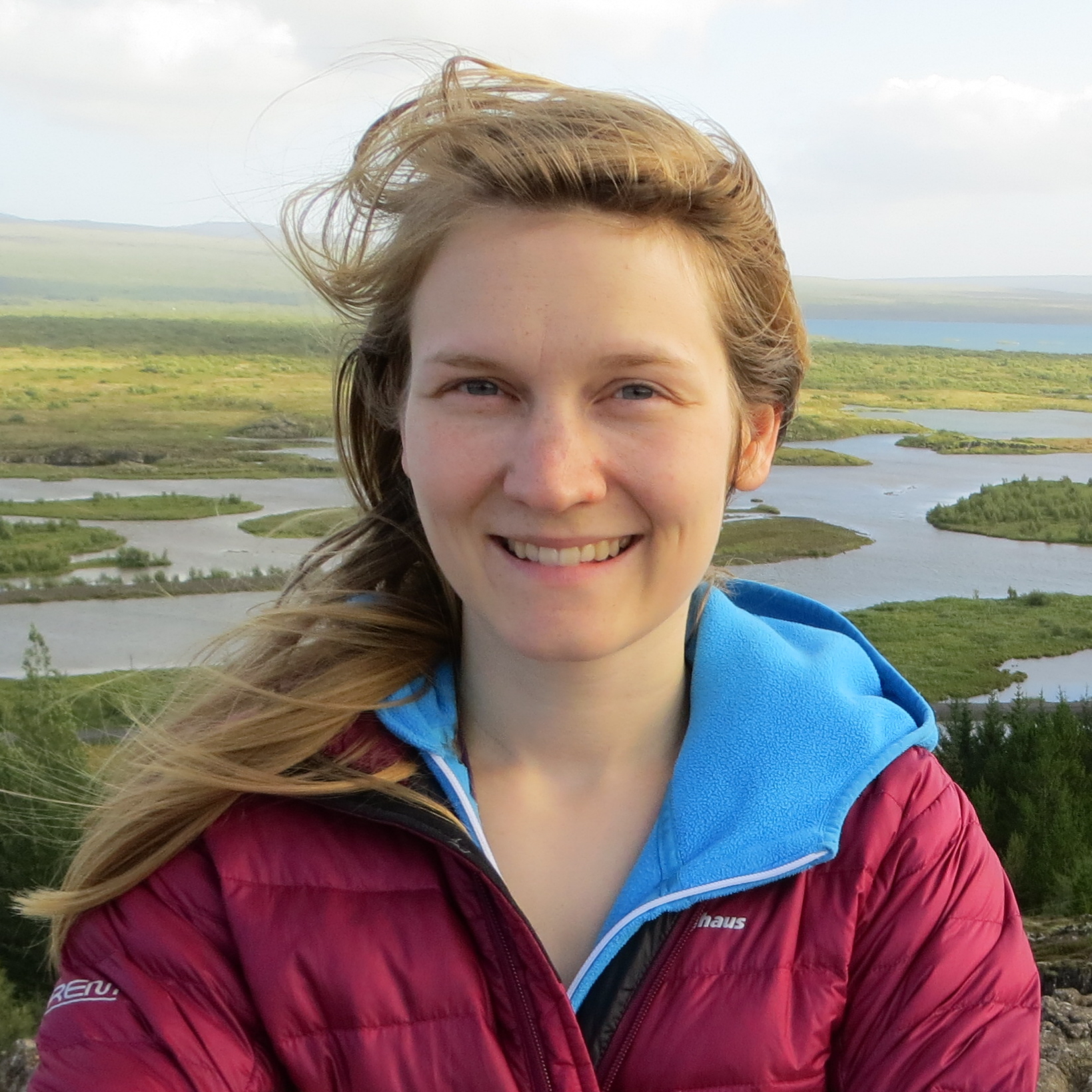 |
Dr. Isabel Nias joined the Cryospheric Sciences Laboratory in March 2018 as a postdoctoral associate in the NASA Sea Level Change Team. Isabel comes from the University of Bristol, where she completed her PhD in glaciology, where her research involved modeling the ice streams of the Amundsen Sea Embayment in West Antarctica, with a particular focus on grounding line dynamics. At Goddard, Isabel is using the Ice Sheet System Model (ISSM) to constrain the committed sea level contribution from the Greenland Ice Sheet. |
 |
Dr. Catherine Walker graduated with her Ph.D. from the University of Michigan was a postdoc at Georgia Institute of Technology and a NASA Postdoctoral Fellow at NASA's Jet Propulsion Laboratory in Pasadena, CA. Overall, she works on interdisciplinary Antarctic and planetary science projects. Her research focuses mainly on ice shelf rifting and ice-ocean interactions around the Greenland and Antarctic ice sheets using laser altimetry and other remote sensing data, and on modeling planetary ice shells and their interaction with subsurface water in the Ocean Worlds of our solar system. |
Ocean Ecology (616)
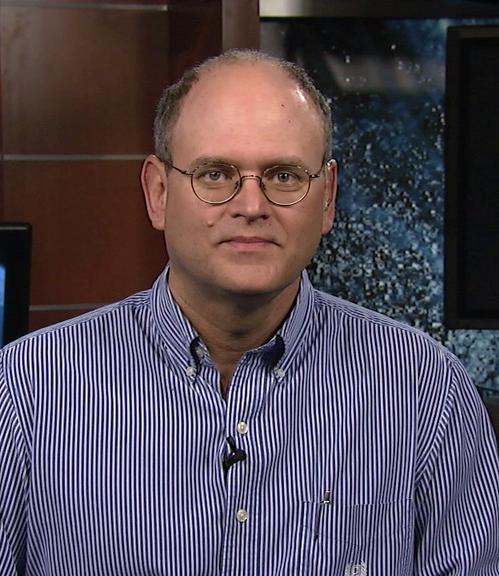 |
Dr. Carlos E. Del Castillo is the Chief of the Ocean Ecology Laboratory at NASA Goddard Space Flight Center. He was previously a member of the Senior Professional Staff and Section Supervisor with the Space Department of the Johns Hopkins University Applied Physics Laboratory. Dr. Del Castillo is an Associate Research Professor at the Johns Hopkins University Department of Earth and Planetary Sciences. |
 |
Dr. Stanford Hooker's areas of research include the development of above- and in-water radiometers to support the calibration, validation, and research (CVR) goals of next-generation remote sensing missions. The hybridspectral and hybridnamic radiometers are designed for daylight and nighttime observations with 10 and 14 decades of dynamic range, respectively. |
Geodesy and Geophysics (61A)
 |
Dr. Robert E. Tyler is a research scientist Geodesy and Geophysics laboratory at NASA Goddard Space Flight Center as a University of Maryland Baltimore County (UMBC) scientist. |
Heliospheric Physics (672)
 |
Dr. John Cooper is responsible as Chief Scientist within the Space Physics Data Facility at NASA’s Goddard Space Flight Center for science and data archiving interactions with operational geospace and heliospheric missions, while also having strong research interests in convergent science themes related to space physics for NASA’s Sun-Solar System Connections, Solar System Exploration, and astrobiology programs. |
Solar System Exploration Division (690)
 |
Dr. Stephanie Getty is a planetary research scientist and the Deputy Director of the Solar System Exploration Division at NASA Goddard Space Flight Center. Her research interests are in the area of science instrument development for in situ planetary missions, particularly in the pursuit of understanding the origin, evolution, and processing of organic chemistry in our Solar System. |
 |
Dr. Andrea Jones is a planetary geologist now focusing on education and communication. She works with NASA planetary science missions and research teams to find out the latest planetary science results and discoveries and share them with different audiences. |
Astrochemistry (691)
 |
Dr. Veronia Allen finished her MPhys in Physics and Astrophysics in 2013 with a master's work on infrared observations of MYSO's supervised by Prof. Rene Oudmaijer. She started my PhD at the Kapteyn Astronomical Institute at the University of Groningen in the Netherlands in 2014. She recently took up a NASA Postdoctoral Program (NPP) fellowship at NASA GSFC in July 2018. |
 |
Dr. Carrie Anderson is a planetary astronomer in the Astrochemistry Laboratory at NASA Goddard Space Flight Center. Her research focuses on the remote sensing of planetary atmospheres, primarily in the areas of thermal structure and composition, using space- and ground-based data. |
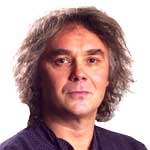 |
Dr. Steven Charnley is a physical scientist in the Astrochemistry laboratory at NASA Goddard Space Flight Center. His main areas research are: Theoretical astrochemistry and molecular astrophysics; interstellar medium; comets; astrobiology; star formation; protoplanetary disks; isotopic fractionation; primitive materials; radio astronomy. |
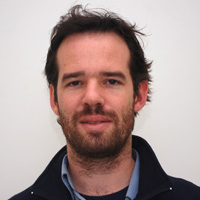 |
Dr. Martin Cordiner is an observational/theoretical astrochemist and specialist in interferometric mapping of planetary atmospheres, using the Atacama Large Millimeter/submillimeter Array (ALMA). Dr. Cordiner applies state-of-the-art radiative transfer models to interpret the observed molecular spectra, and is currently devloping a new 3D non-LTE model for rotational emission from gases in ocean world plumes/exospheres. |
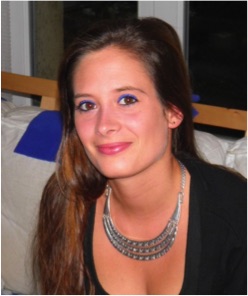 |
Gwenaelle Dufour is a graduate student in the Astrochemistry laboratory at NASA Goddard Space Flight Center in association to the Catholic University of America Department of Physics. |
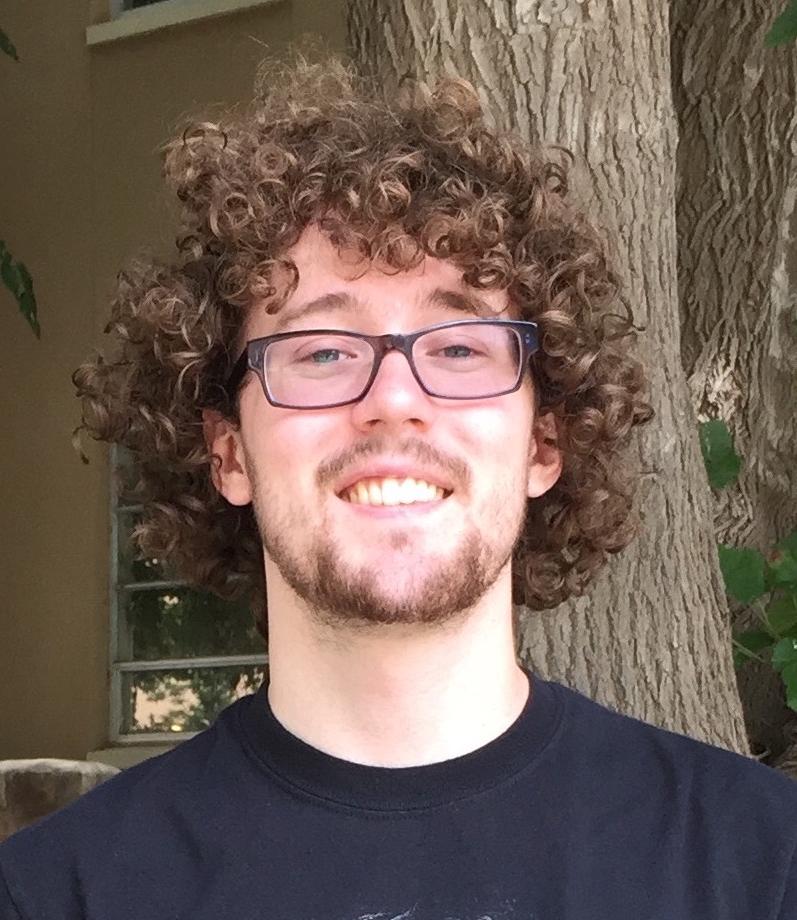 |
Dr. Alexander ("Xander") Thelen is a Research Associate at the Catholic University of America Department of Physics, contracting for the NASA Goddard Space Flight Center astrochemistry lab. Dr. Thelen's research pertains to the chemical composition and dynamics of planetary atmospheres; in particular, Dr. Thelen's work is focused on Titan, and other outer solar system moons. |
Planetary Systems (693)
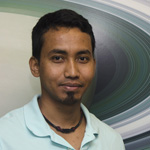 |
Dr. Shiblee Barua is a NASA Postdoctoral Fellow (USRA) in the Planetary Systems laboratory at NASA Goddard Space Flight Center. |
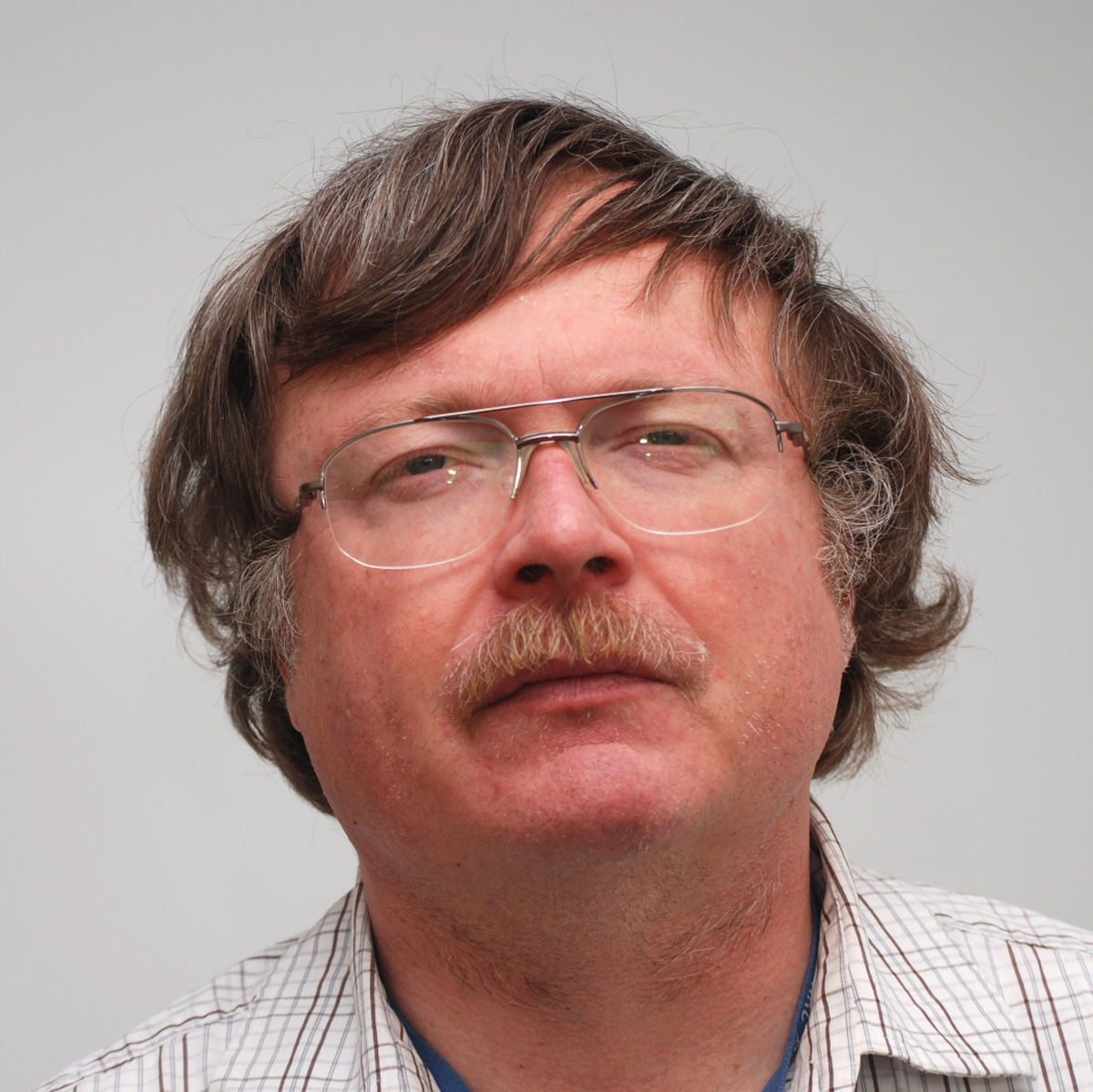 |
Dr. Gordy Bjoraker is a planetary scientist in the Planetary Systems laboratory at NASA Goddard Space Flight Center. |
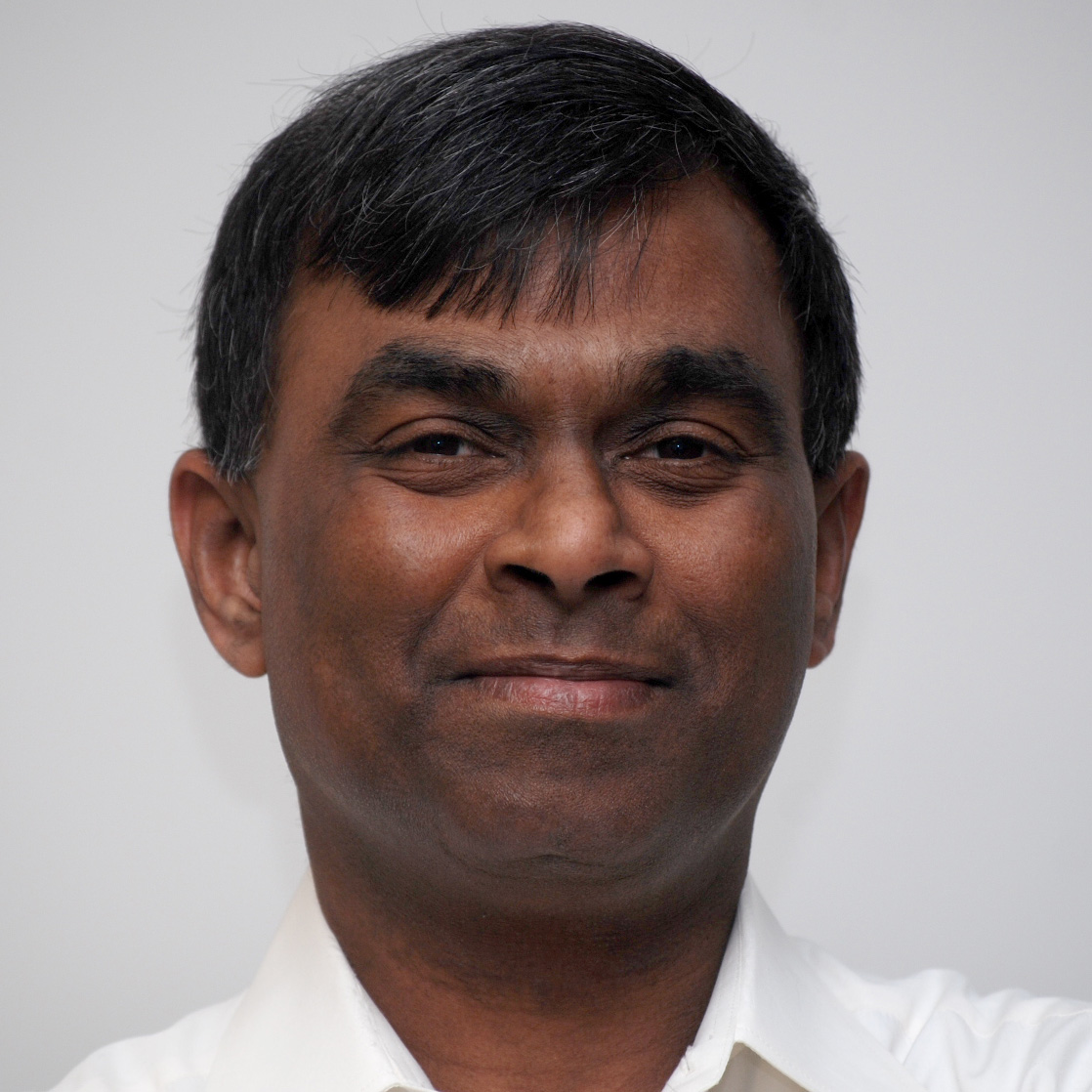 |
Dr. Tilak Hewagama is a planetary scientist in the Planetary Systems laboratory at NASA Goddard Space Flight Center in association via the University of Maryland. |
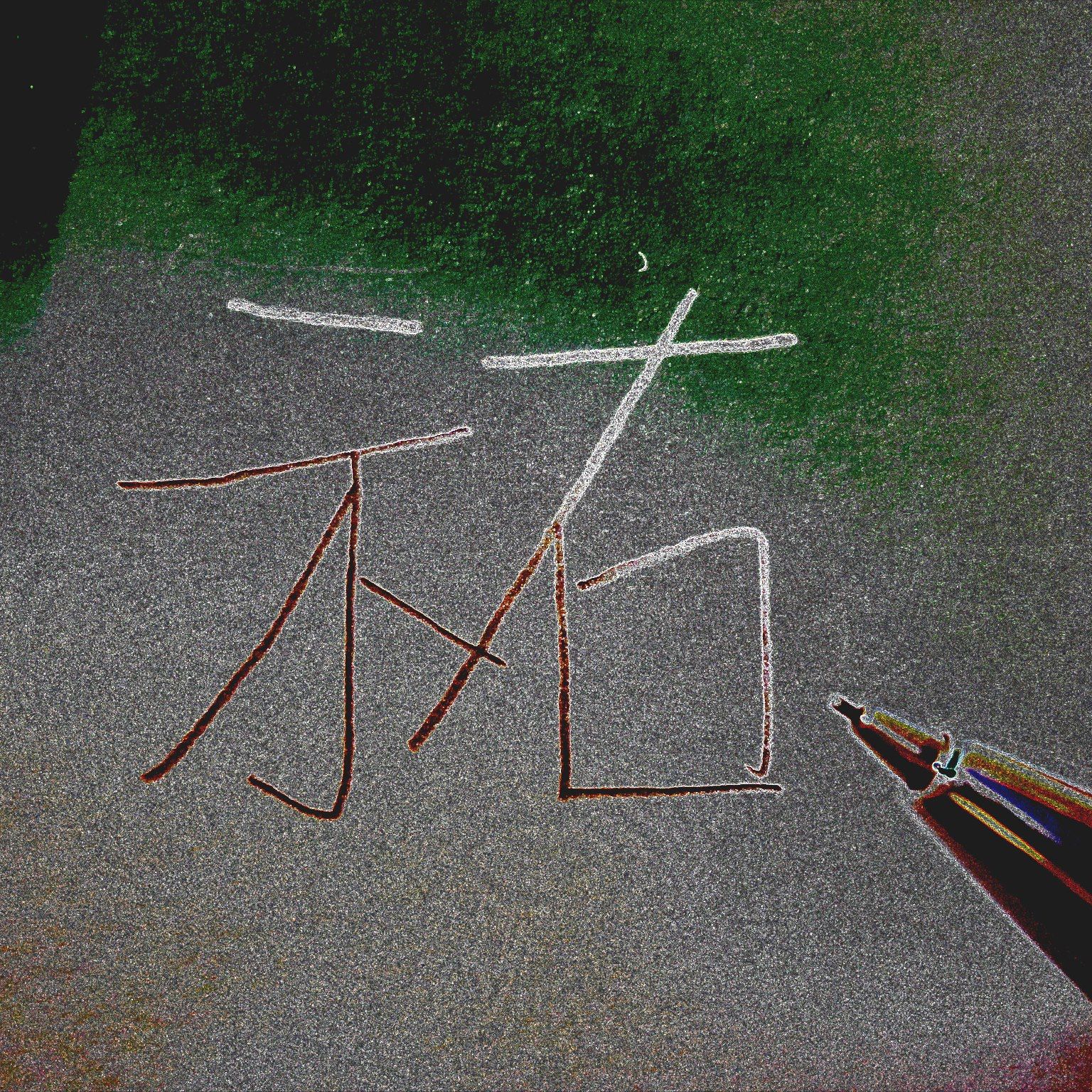 |
Dr. Der-You Kao is a NASA Postdoctoral Fellow (USRA) in the Planetary Systems laboratory at NASA Goddard Space Flight Center. |
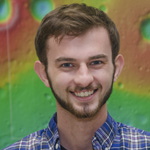 |
Nick Lombardo is a research assistant studying the atmosphere of Titan. He is interested in studying the composition of Titan's atmosphere, and how it impacts our understanding of the pre-biotic Earth and the early solar system. He is also interested in modeling tenuous atmospheres and plumes around terrestrial bodies. |
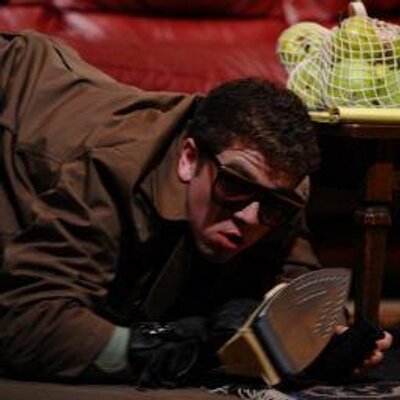 |
Joseph Renaud is a graduate student, who studies the interior of rocky solar system moons & exoplanets. He models the thermal-orbital evolution of these bodies as they evolve due to tidal forces. |
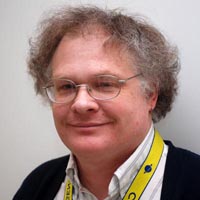 |
Dr. Paul Romani is a planetary scientist in the Planetary Systems laboratory at NASA Goddard Space Flight Center. His main areas of research are: Atmospheric photochemistry, Photochemical production of hazes, Cloud physics, Origin and evolution of the outer planets, Science education, Science and culture in history. |
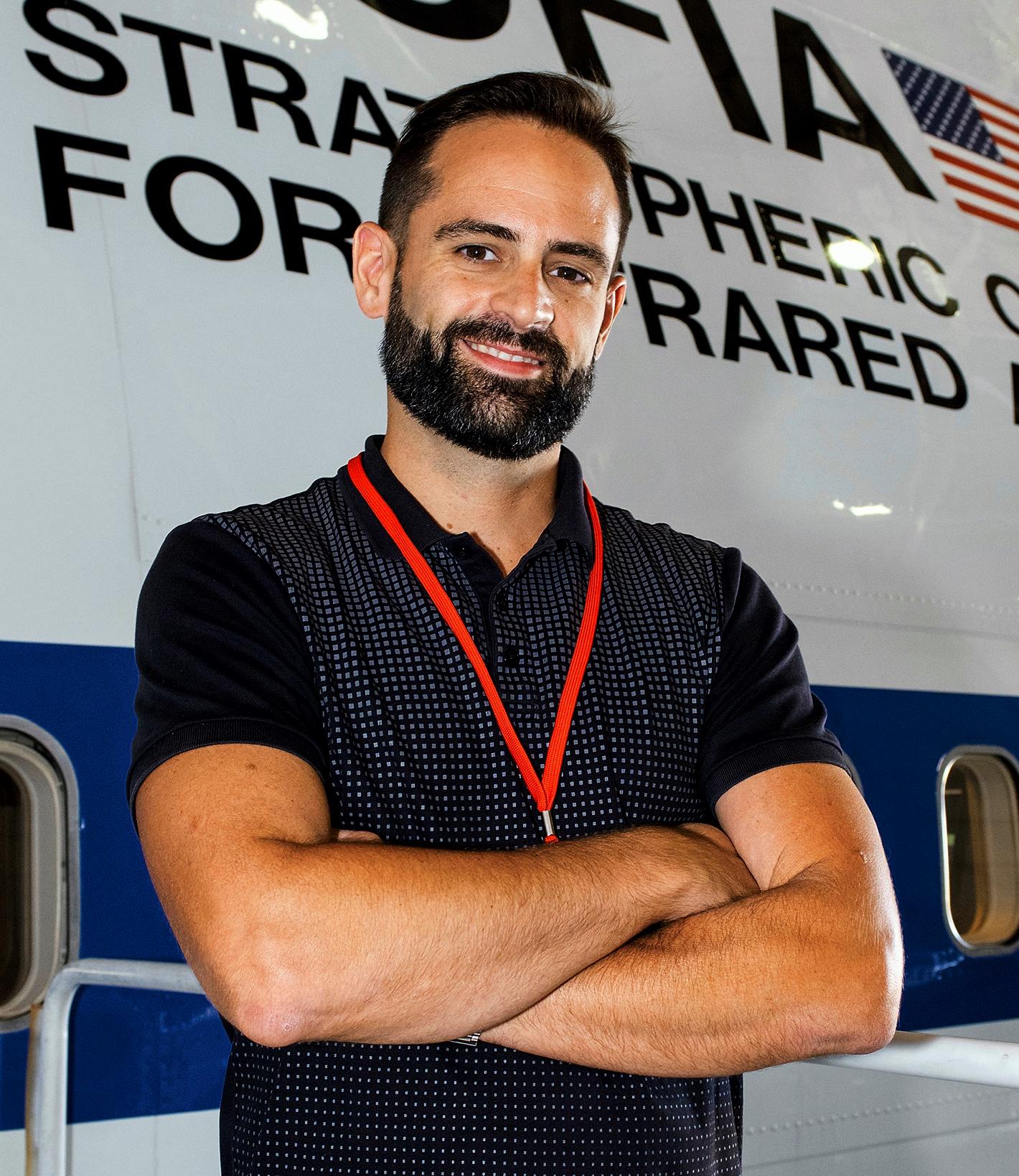 |
Dr. Lucas Paganini is a planetary scientist in the Planetary Systems laboratory at NASA Goddard Space Flight Center in association via American University. He is proactive, communicative and goal-oriented professional with broad expertise in the fields of planetary science, engineering, and scientific computing. Lucas Paganini has been affiliated to top research institutions around the world as a group member of space and ground-based missions. |
 |
Max Parks is a planetary scientist in the Planetary Systems laboratory at NASA Goddard Space Flight Center in association via the University of Maryland. |
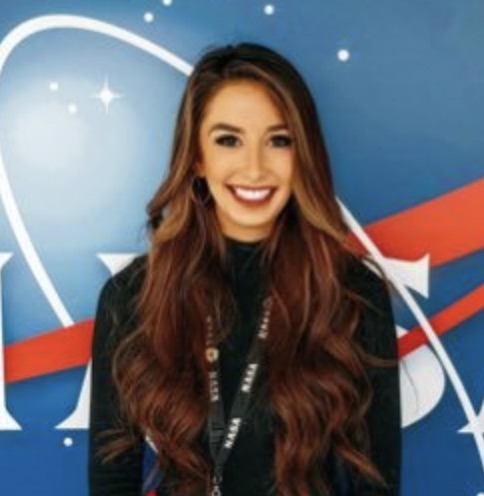 |
Daria Pidhorodetska is a planetary scientist in the Planetary Systems laboratory at NASA Goddard Space Flight Center in association via the University of Maryland. |
Planetary Magnetospheres (695)
 |
Dr. Orenthal James Tucker is a post-doctoral researcher in the Planetary Magnetospheres laboratory at NASA Goddard Space Flight Center. |
Planetary Geology, Geophysics, Geochemistry (698)
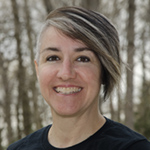 |
Dr. Dina M. Bower uses Raman spectroscopy to geochemically characterize a variety of geologic materials including sandstones, cherts, basalts, ices, and laboratory synthesized powders. She has expertise in establishing or ruling out biosignatures in Mars-analog ancient Earth rocks that contain microfossils or carbonaceous materials, in meteorites, and experimentally induced biominerals. |
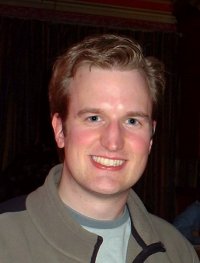 |
Dr. Wade Henning's research focuses on the thermal evolution of terrestrial planet interiors. This work encompasses many target objects, including the Earth and Earth's Moon, the terrestrial planets of our Solar System including Mercury, Venus, and Mars, as well as many moons of the outer Solar System such as Io, Europa, Ganymede, Callisto, Enceladus, Triton, and Charon. |
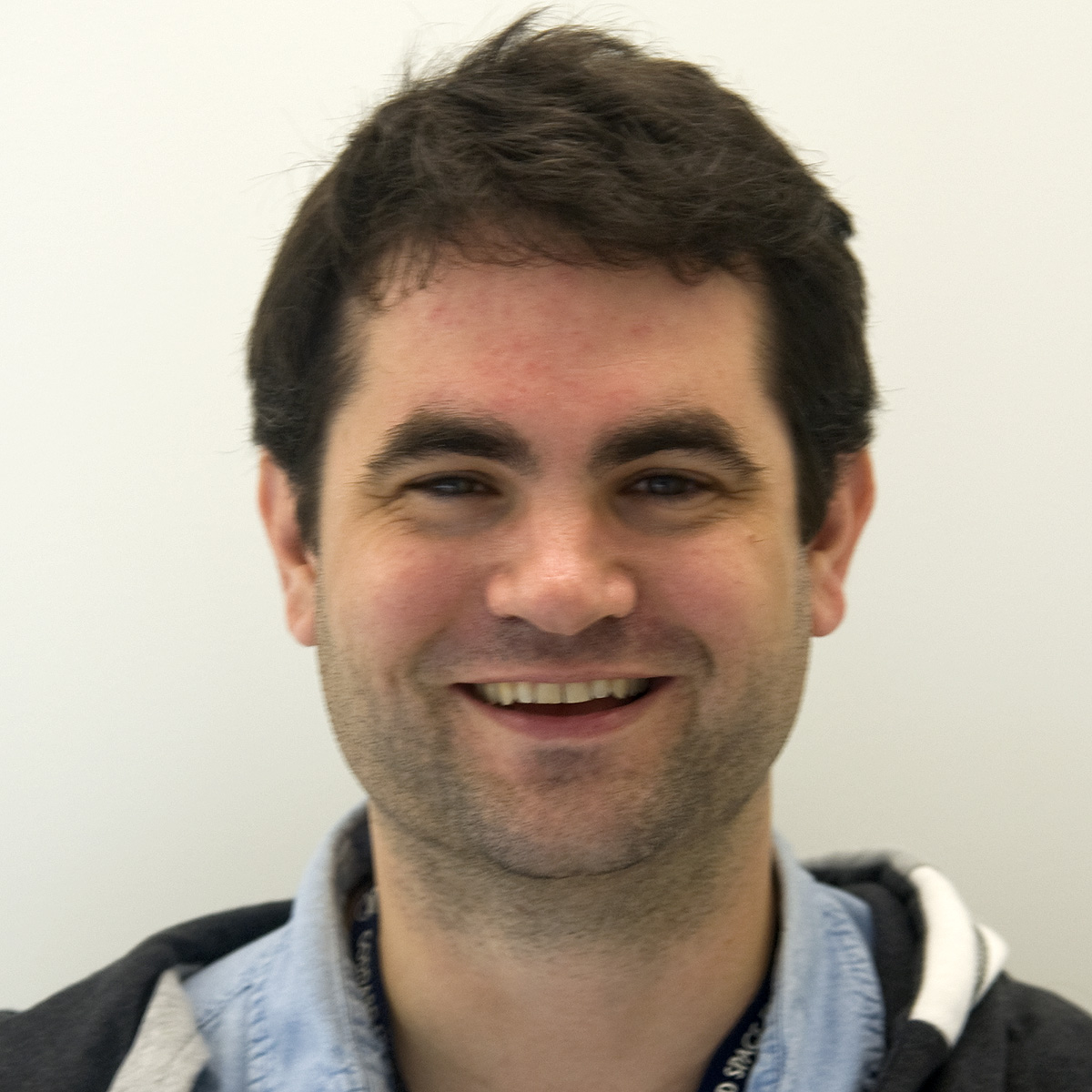 |
Dr. Terry Hurtford is a planetary scientist at NASA Goddard Space Flight Center. His areas of research are: Icy satellite geology and geophysics, Effects of interior structure on tidal deformation and surface stress, Effects of orbital dynamics on tidal stresses, Influence of tidal stresses on the formation of tectonics on icy satellites, Influence of tides in the eruptions of plumes on Enceladus' south polar regions. |
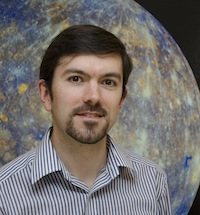 |
Dr. Erwan Mazarico is a planetary scientist at NASA Goddard Space Flight Center. His research focus is on the analysis of spacecraft tracking data of various types (radio, altimetry, imagery) in order to learn more about the geophysics of planetary bodies. During his Ph.D. thesis, he used radio tracking of Mars orbiters to measure the density of the upper layers of the Martian atmosphere. |
Planetary Experiments (699)
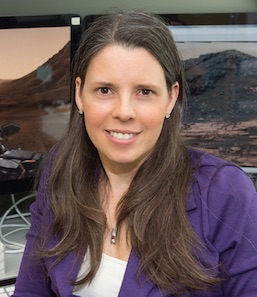 |
Dr. Jennifer Eigenbrode is an interdisciplinary astrobiologist at NASA’s Goddard Space Flight Center, specializing in organic chemistry, geology, and potential biology (a.k.a. organic (bio)geochemistry) of martian and ocean-world environments. As a Sample Analysis at Mars (SAM) collaborator and participating scientist for the Mars Science Laboratory (MSL) mission, she has focused on the in situ detection and preservation of organic molecules in irradiated sediments at the martian surface. |
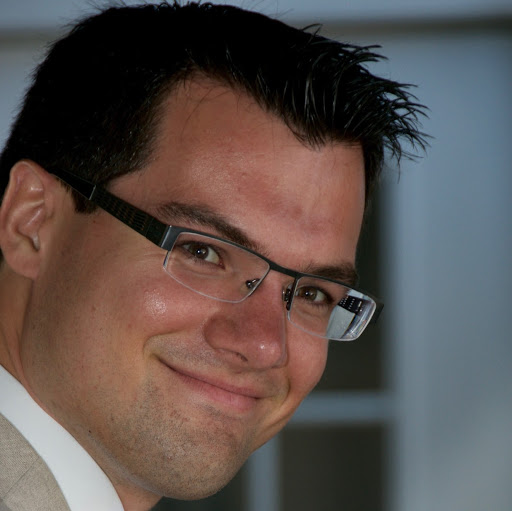 |
Dr. Marc Neveu seeks to understand whether oceans below the surface of icy worlds can harbor life by developing models that retrace their coupled geophysical, geochemical, and orbital evolution. He has also carried out laboratory and field studies in analogous places on Earth where microbial life thrives, and he develops future space missions, instruments, and strategies to detect life on ocean worlds. |
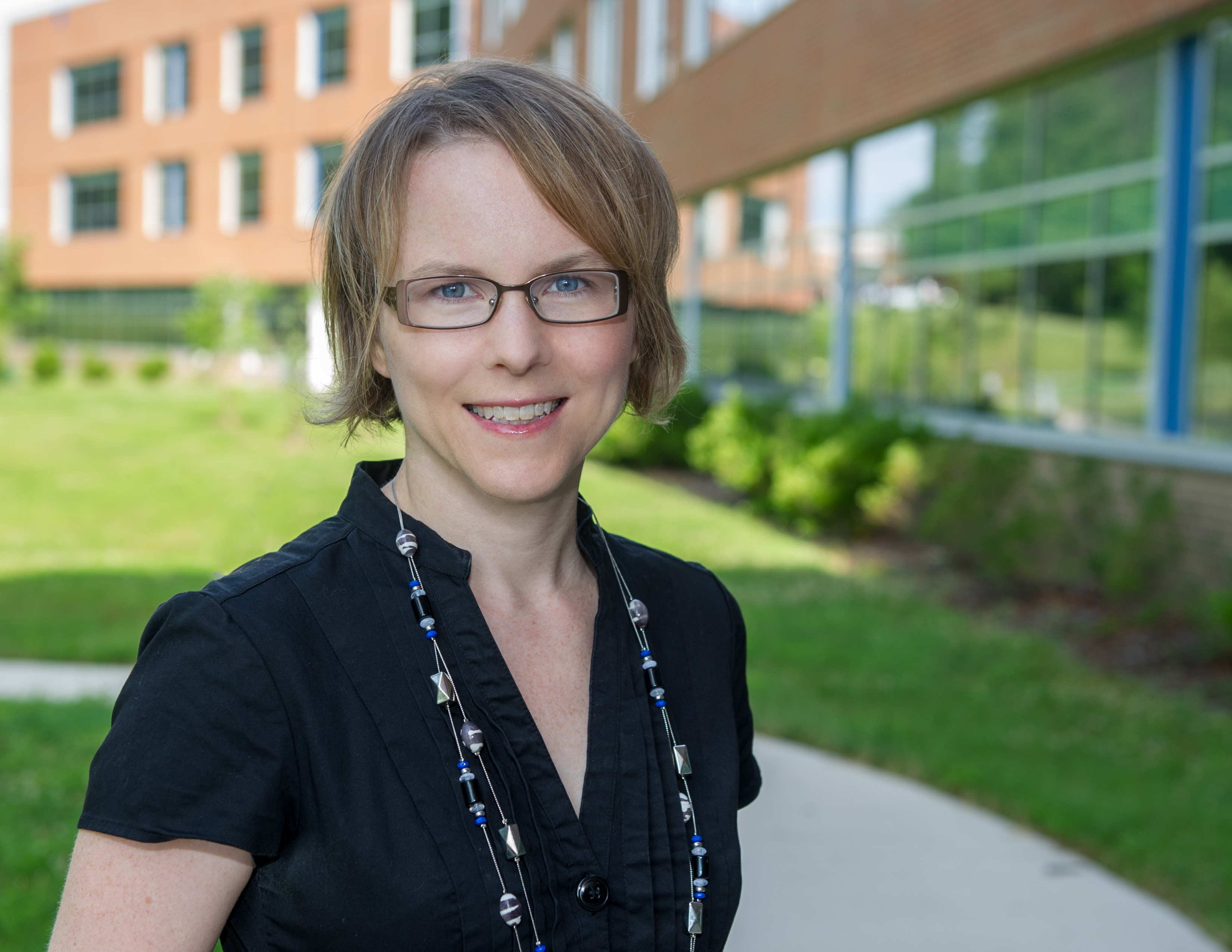 |
Dr. Melissa Trainer is a Research Space Scientist in the Planetary Environments Laboratory at NASA Goddard Space Flight Center, with research interests in the composition of planetary atmospheres and the production of organic molecules and aerosols via atmospheric synthesis. She currently serves as the Associate Lab Chief of the Planetary Environments Lab. |
 |
Dr. Melissa Floyd is a Research Space Scientist in the Planetary Environments Laboratory at NASA Goddard Space Flight Center, with research interests in extremophilic microorganisms. |
